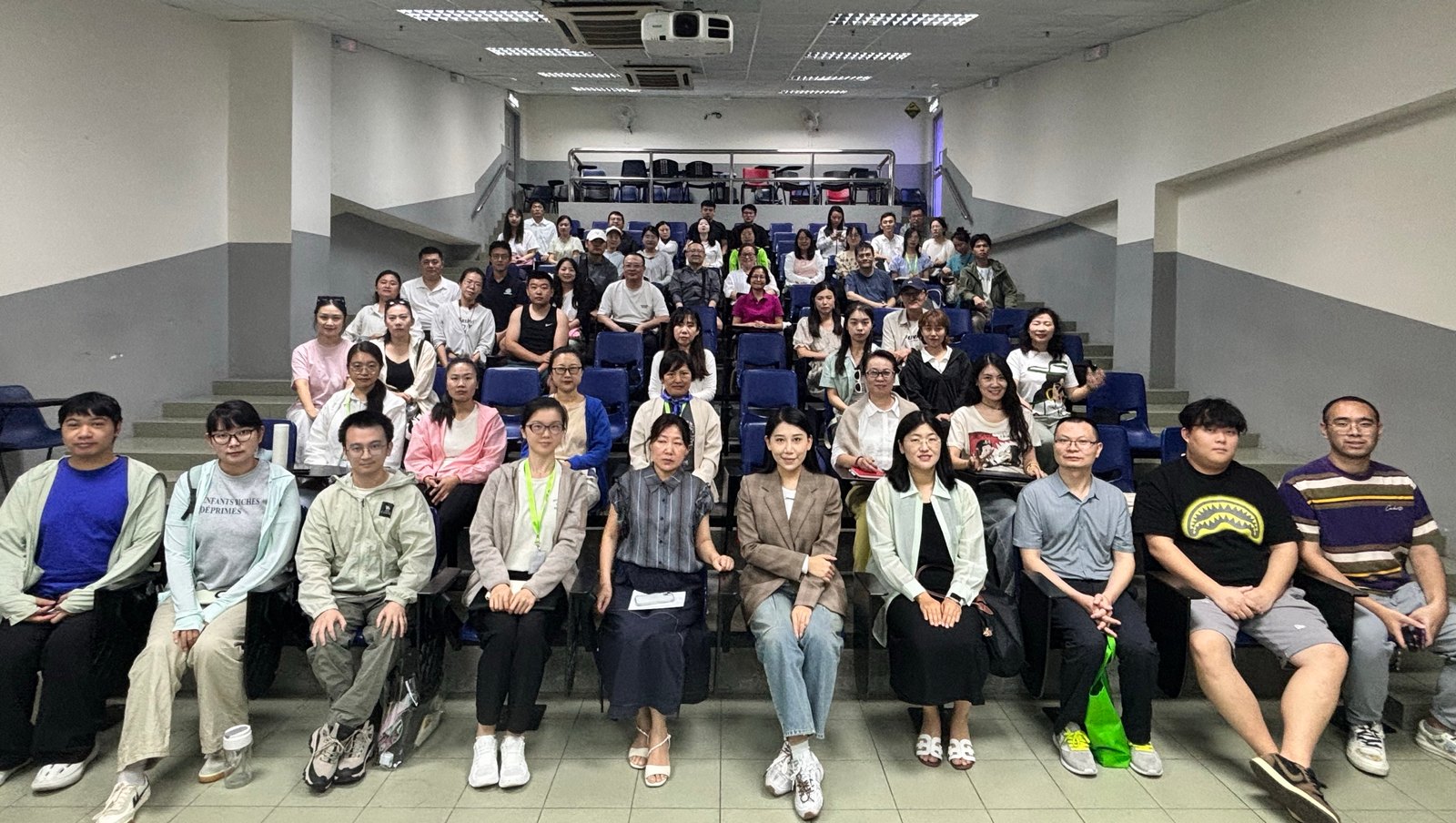[3rd Talk] Ms. Liang Bianyi: From Literature to Publician – Academic Search, Systematic Literature Review (SLR) and Scopus Journal Submission Practices
Upcoming Event
20250815.jpg)
| Introduction | The “Bridging Ideas: Research Workshop Series” is a significant academic initiative meticulously planned and executed by the Faculty of Arts and Social Sciences, the Graduate School, and the Institute of International Education of New Era University College. It aims to provide current postgraduate students with a series of highly practical and effective research methodology guides. Through systematic course design and the integration of resources from multiple fields, the workshops not only help students master core research skills but also focus on enhancing their ability to address challenges encountered during the research process. Whether it is in the stages of topic selection, application of methodologies, data analysis, or thesis writing, the workshops strive to offer comprehensive support, making their research journey smoother and more fruitful. This series serves as a vital resource to empower students and ensure their academic success. |
| Speaker | Ms. Liang Bianyi Liang Bianyi is currently a Ph.D. candidate in Communication Studies, with extensive research experience and interdisciplinary research capabilities. She earned her bachelor's degree in Film and Television Production, and later focused on Communication Studies during her master's and doctoral studies. Liang Bianyi holds four software copyrights covering technologies such as short video generation, film rating, remote control, and video editing. Her academic papers have been published in renowned journals, including the Chinese journal Charming China and journals indexed by SSCI, SCOPUS, and AHCI, such as Arts Educa, Psychological Reports, and Cultura: International Journal of Philosophy of Culture and Axiology. Her research topics span film culture, psychological identity, and comparative Eastern-Western philosophy. Additionally, she has been invited to speak at multiple international academic conferences, including the International Conference on Behavioral Science and Applied Psychology (BSAP2023) and the International Media and Communication Academic Exchange Conference. |
| Topic | From Literature to Publication: Academic Search, Systematic Literature Review (SLR), and Scopus Journal Submission Practices This workshop is designed for master's and doctoral students, providing a systematic guide to academic literature retrieval, Systematic Literature Review (SLR) writing, and the Scopus journal submission process. The content covers keyword design, PRISMA flow, data extraction, as well as techniques for crafting cover letters and responding to peer reviews. It aims to equip participants with the essential skills to navigate the complete pathway from research initiation to international publication. |
| Information | Date: 15 August 2025 (Friday) Registration: Please click the following link to register by 13 Aug 2025: t.ly/6M0Mm |
Lecture Postscript
On 15 August 2025, New Era University College (NEUC) organised the workshop “From Literature to Publication: Academic Search, Systematic Literature Review (SLR) and Scopus Journal Submission Practices” at Lecture Hall B309. The session featured Ms Liang Bianyi, a PhD candidate from Universiti Kebangsaan Malaysia, as the speaker, and attracted around 70 postgraduate students.
This workshop was part of the “Bridging Ideas” Research Workshop Series, jointly organised by the Graduate School and the Institute of International Education. The series is designed to provide postgraduate students with academic guidance, helping them develop confidence, clarity, and structured thinking as they advance in their research journey.
Under the theme “From Literature to Publication,” Ms Liang systematically shared a full methodological framework for academic research. In the academic search segment, she demonstrated how to construct efficient search strategies using Boolean logic and wildcards, supported by practical case examples. She also compared the applicability of core databases such as Web of Science and Scopus, enabling researchers to locate relevant literature with greater precision.
In the Scopus journal submission segment, Ms Liang drew on her own publishing experience to discuss key aspects ranging from journal selection and manuscript preparation to responding to peer review. She highlighted the importance of scope alignment, journal ranking, and review cycles, while also sharing practical tips on writing a cover letter. She emphasised that researchers should clearly present the innovative value of their study within 200 words.



.jpg)